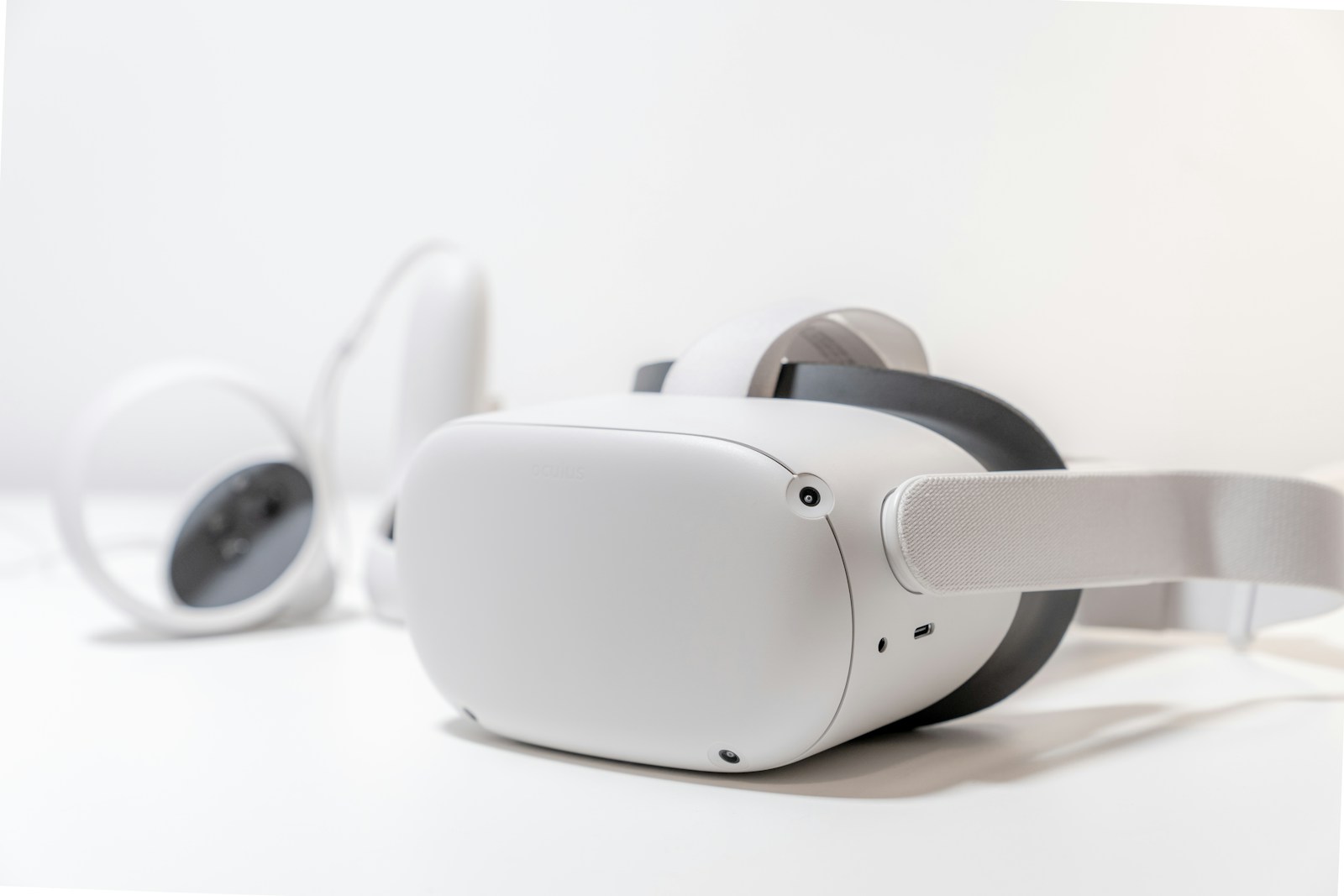Innovative Teaching: How Saudi Arabia and Switzerland are Using Virtual Reality to Transform Education
The integration of Virtual Reality in Saudi Education marks a significant step forward in the realm of interactive learning. This article examines how virtual reality (VR) technologies are revolutionizing educational environments in Saudi Arabia, drawing comparisons with similar innovations in Switzerland, and explores the impact on management practices, leadership skills, and project execution within the educational sector.
Revolutionizing Classroom Dynamics in Saudi Arabia
The Saudi Ministry of Education, aligning with Saudi Vision 2030, has embarked on an ambitious project to incorporate virtual reality technologies into the classroom. This initiative aims to transform traditional learning paradigms and create immersive, interactive educational experiences for students. VR technologies are being used to simulate complex scientific experiments, historical events, and even virtual field trips to inaccessible locations. Such applications not only enhance student engagement and retention rates but also foster a deeper understanding of the curriculum by allowing students to experience and interact with the subject matter directly.
Switzerland’s Pioneering Educational Frameworks
Switzerland has long been recognized for its innovative approaches to education, and its integration of VR technologies is no exception. Swiss educational institutions are utilizing VR to enhance vocational training and special education, providing students with realistic simulations that prepare them for real-world applications. These initiatives are supported by rigorous project management techniques and change management processes that ensure the seamless integration of technology into established educational frameworks. The Swiss model provides valuable insights into how structured planning and professional development can facilitate the successful adoption of new technologies in education.
Enhancing Teaching Methods Through VR
In both Saudi Arabia and Switzerland, VR is not just a tool for student engagement but also a revolutionary approach to teaching. Educators are being trained to utilize VR platforms to deliver lessons in more impactful ways, which includes real-time interactions and immediate feedback settings. This shift necessitates ongoing professional development and a reevaluation of traditional teaching methodologies. As such, executive coaching is increasingly becoming a crucial component of educational leadership development, enabling school managers and educators to lead change effectively and optimize learning outcomes through technology.
Project Management in Educational Technology Initiatives
Effective project management is critical to the successful implementation of educational technology initiatives like the incorporation of VR into schools. In Saudi Arabia, project managers specializing in educational technology are tasked with overseeing the procurement, installation, and maintenance of VR systems. They must also coordinate training programs for educators and ensure that technology integration is aligned with curriculum goals. The complexity of these projects often requires sophisticated project management skills, including risk management, stakeholder analysis, and agile methodologies to adapt to the dynamic nature of technological integration.
Building Future Leaders with VR Technology
Virtual reality in education goes beyond just enhancing learning outcomes; it also plays a pivotal role in developing future leaders. By incorporating VR into their curricula, Saudi and Swiss schools are helping students develop critical 21st-century skills such as problem-solving, collaboration, and technological literacy. These skills are essential for leadership in any field, making VR an invaluable tool in preparing the next generation of leaders. Educational leaders themselves are also learning to adapt to these new technologies, showcasing the dual role of VR in teaching and management training within the educational sector.
Challenges and Opportunities in VR Education
While the benefits of virtual reality in education are vast, there are also significant challenges to its widespread adoption. These include high costs, the need for continuous technical support, and resistance to change among educators. However, these challenges also present opportunities for innovation in cost management, technical training, and organizational change management. By addressing these issues head-on, Saudi Arabia and Switzerland can lead by example in the global educational landscape, demonstrating how to effectively harness new technologies to improve education and prepare students for a rapidly changing world.
Integrating VR into Curriculum Design
For virtual reality (VR) to have a meaningful impact in education, it must be seamlessly integrated into the curriculum. In Saudi Arabia, educational authorities are working closely with technologists and educators to design curricula that incorporate VR in a way that complements and enhances traditional learning methods. This involves not only the technical aspects of deploying VR hardware and software in schools but also updating educational content to make full use of VR’s capabilities. For example, history lessons could be transformed by immersive re-enactments of historical events, while science classes could benefit from interactive simulations of complex biological processes. Effective curriculum integration is key to maximizing the educational benefits of VR.
Training Educators for a New Technological Era
Adopting any new technology in education requires educators to be well-trained in its use, and VR is no exception. In both Saudi Arabia and Switzerland, significant resources are being invested in professional development programs to equip teachers with the skills needed to effectively incorporate VR into their teaching. These training programs cover not only the technical operation of VR systems but also pedagogical strategies for using VR to enhance learning outcomes. The success of VR in education largely depends on teachers’ ability to integrate it into their classrooms effectively, making their training a critical factor in the broader educational reform efforts under Saudi Vision 2030.
Assessing the Impact of VR on Student Outcomes
As VR becomes more widespread in educational settings in Saudi Arabia and Switzerland, it is important to assess its impact on student outcomes. Educational researchers are conducting studies to evaluate how VR influences learning processes, retention rates, and student engagement compared to traditional teaching methods. These studies involve qualitative and quantitative research methods to provide a comprehensive understanding of VR’s effectiveness. The findings from this research will help refine VR teaching strategies and ensure that investments in educational technology are delivering maximum benefits to students. This ongoing assessment is crucial for the continuous improvement of VR applications in education.
#VirtualRealityEducation, #InteractiveLearning, #SaudiVision2030, #EducationalTechnology, #SwissEducationInnovation, #ChangeManagement, #AIinEducation, #LeadershipInEducation, #ProjectManagementInTech











